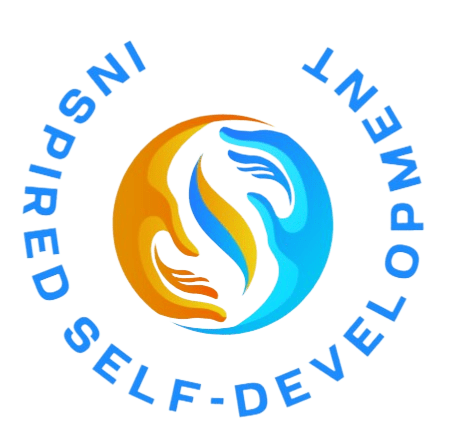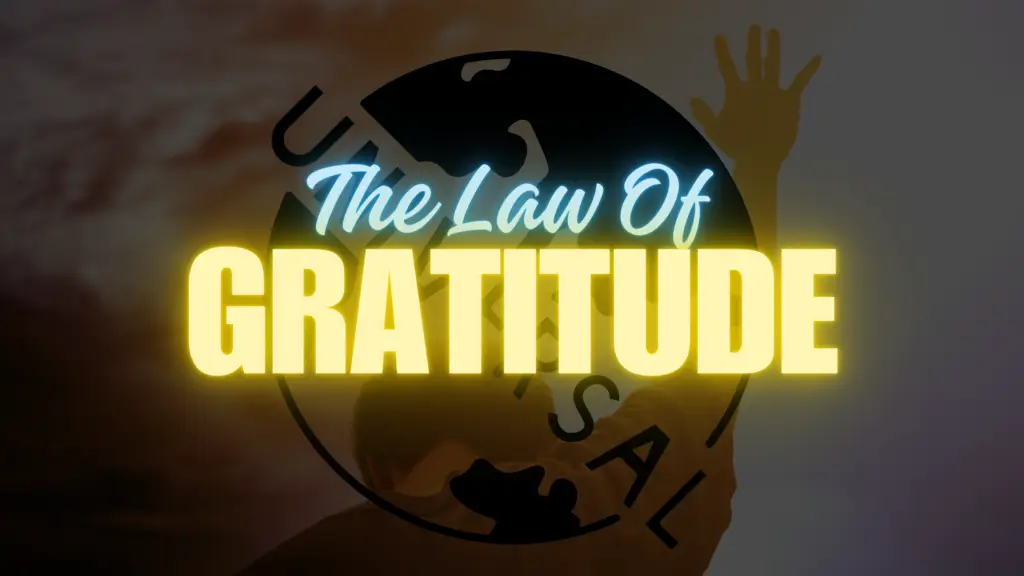Cultivating a Growth Mindset
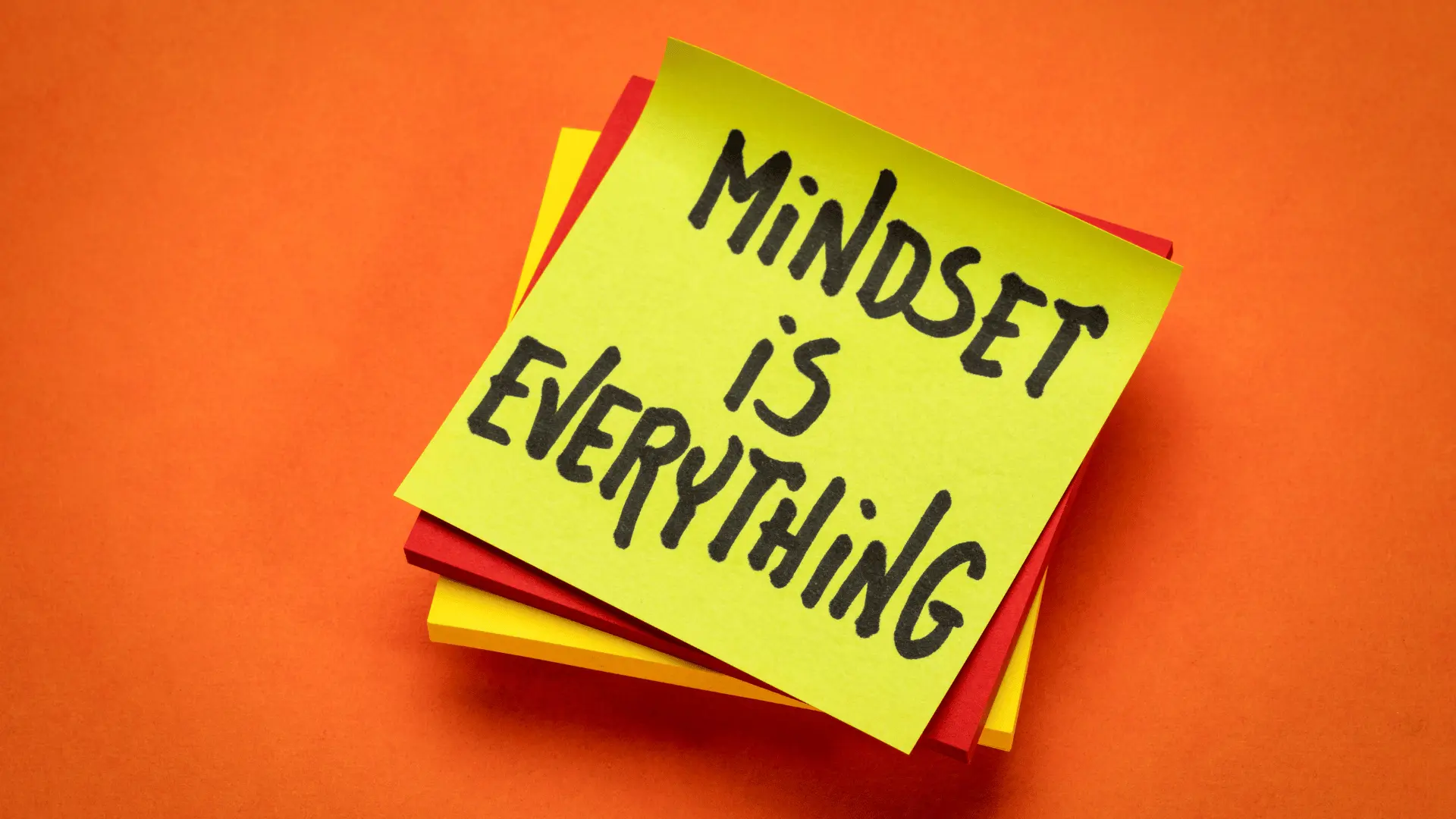
- Jose Flores
Share Article:
The Foundation of Personal Growth
Mindset is not just a small part of our personality; it’s the lens through which we see the world. It dictates how we interact with our surroundings, how we handle stress and challenges, and how we push toward our goals. The concept of a growth mindset, as introduced by Carol Dweck, has revolutionized the way we understand success and personal development. This mindset isn’t just about positive thinking; it’s about embracing the possibility that we can grow and improve with effort and perseverance.
A growth mindset opens the door to limitless possibilities. It encourages us to step out of our comfort zones, to embrace challenges, and to see failures not as evidence of unintelligence or incapacity but as vital opportunities for growth and learning. This approach to life and learning can dramatically transform our personal and professional lives, fostering a culture of continuous improvement and resilience.
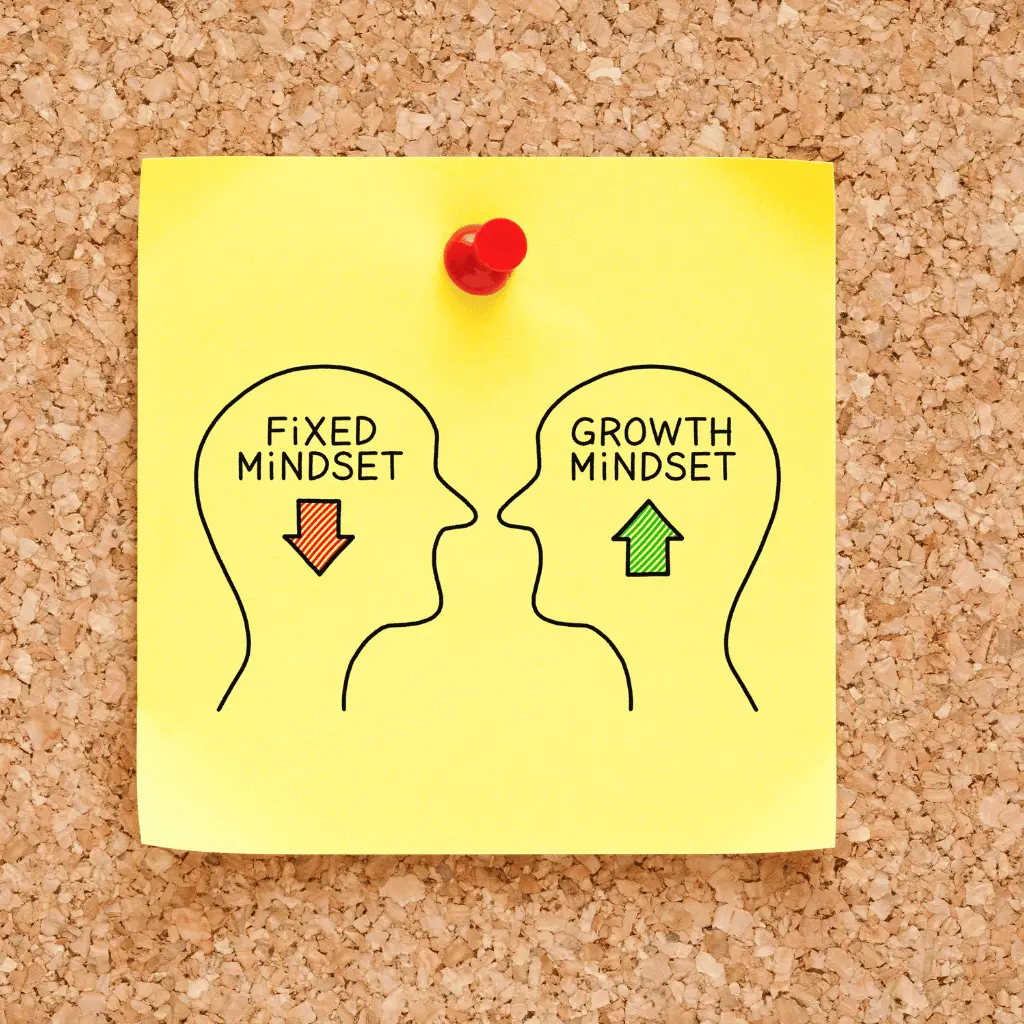
Understanding Mindsets: Fixed vs. Growth
The Fixed Mindset
The concept of a fixed mindset can be limiting, creating invisible barriers to success and fulfillment. Individuals with a fixed mindset tend to believe that their intelligence, talents, and abilities are static traits that they cannot change in any meaningful way. This belief system can lead to a fear of failure and a reluctance to take on challenges, as individuals fear that struggling or failing would be a direct reflection of their inherent abilities. As a result, they may opt for safety and comfort over growth, missing out on valuable learning opportunities and the chance to reach their full potential.
This mindset can have far-reaching consequences, affecting not only personal and academic achievements but also professional growth and interpersonal relationships. When people see their qualities as fixed, they are less likely to put in the effort to develop skills, less open to feedback, and more likely to give up in the face of adversity.
Transitioning to a Growth Mindset
In contrast, a growth mindset is characterized by an underlying belief in the malleability of our qualities and capabilities. Those with a growth mindset understand that their talents and abilities can be developed through dedication, hard work, and feedback from others. This perspective fosters a love of learning and a resilience that is essential for great accomplishment. Embracing challenges, persisting in the face of setbacks, valuing effort as a path to mastery, and learning from criticism become not just strategies but core beliefs that drive personal evolution and success.
Transitioning from a fixed to a growth mindset involves recognizing and challenging our own limiting beliefs about ourselves. It means shifting our focus from proving our intelligence or talent to developing and improving them. This shift doesn’t happen overnight; it requires mindfulness, patience, and a commitment to personal growth.
In this section, we’ll explore actionable strategies to facilitate this transition. These strategies include reflecting on our attitudes towards learning and failure, consciously choosing to embrace challenges, setting realistic yet ambitious goals for personal growth, and seeking out environments and relationships that support a growth-oriented approach. By actively working to shift our mindset, we open ourselves up to a world of possibilities for personal and professional development.
The Power of Embracing Challenges
Growth Begins at the End of Your Comfort Zone
Venturing beyond the familiar boundaries of our comfort zones is where true growth begins. Challenges, in their essence, are not just obstacles but catalysts for development, pushing us to extend beyond our perceived limits. This transition from comfort to uncertainty might seem daunting, yet it is in this space that we uncover our true potential. By embracing challenges, we shift our perspective, viewing each obstacle not as a hindrance but as a valuable opportunity for learning and personal evolution.
The Transformative Nature of Challenges
When faced with a challenge, our initial instinct might be to retreat to the safety of the known. However, the growth mindset encourages us to lean into these difficulties, recognizing them as pivotal moments that shape our character and capabilities. Each challenge we overcome not only augments our skill set but also boosts our confidence, preparing us for more complex obstacles ahead. This process of continuous learning and adaptation is the essence of personal growth.
Strategies for Embracing Challenges
Navigating through challenges requires a deliberate approach:
- Set Small, Achievable Goals: Tackling a challenge head-on can be overwhelming. Break it down into smaller, manageable goals. This segmentation transforms an intimidating obstacle into a series of achievable steps.
- Celebrate Progress: Acknowledgment of progress, no matter how minor, is crucial. Celebrating small victories fosters motivation and reinforces the belief in our ability to conquer challenges.
- Seek Feedback: Constructive feedback is invaluable. It provides perspective and insight, helping us refine our approach and learn more effectively from each challenge.
- Embrace Failure as a Learning Tool: Every failure carries a lesson. Instead of viewing it as a setback, see it as an integral part of the learning process. Analyze what went wrong and how it can inform future attempts.
The Role of Persistence in Overcoming Setbacks
Setbacks as Stepping Stones
The journey towards achieving our goals is seldom linear. Setbacks and failures are inevitable, but their occurrence does not signify the end. Instead, with a growth mindset, setbacks become stepping stones — essential lessons that guide us toward success. Persistence, therefore, becomes a key attribute, enabling us to persevere through difficulties with resilience and determination.
Cultivating Persistence
Developing persistence is a multifaceted process:
- Reframe Your Perspective on Failure: Start by changing how you perceive failure. It’s not a reflection of your abilities but an opportunity for growth.
- Set Realistic Expectations: Understand that progress takes time. Setting realistic expectations helps mitigate feelings of disappointment and encourages continued effort.
- Develop a Routine: Consistency is crucial. Develop a routine that includes regular reflection on goals, strategies, and progress. This habit ensures steady advancement towards your objectives.
- Build a Support System: Surround yourself with people who encourage and support your growth journey. A strong support system provides motivation and accountability, helping you stay on track even in the face of setbacks.
By embracing challenges and cultivating persistence, we transform our mindset and our lives. This dynamic process of learning, failing, and succeeding lays the foundation for achieving our most ambitious goals, illustrating the profound power of a growth mindset in personal and professional development.
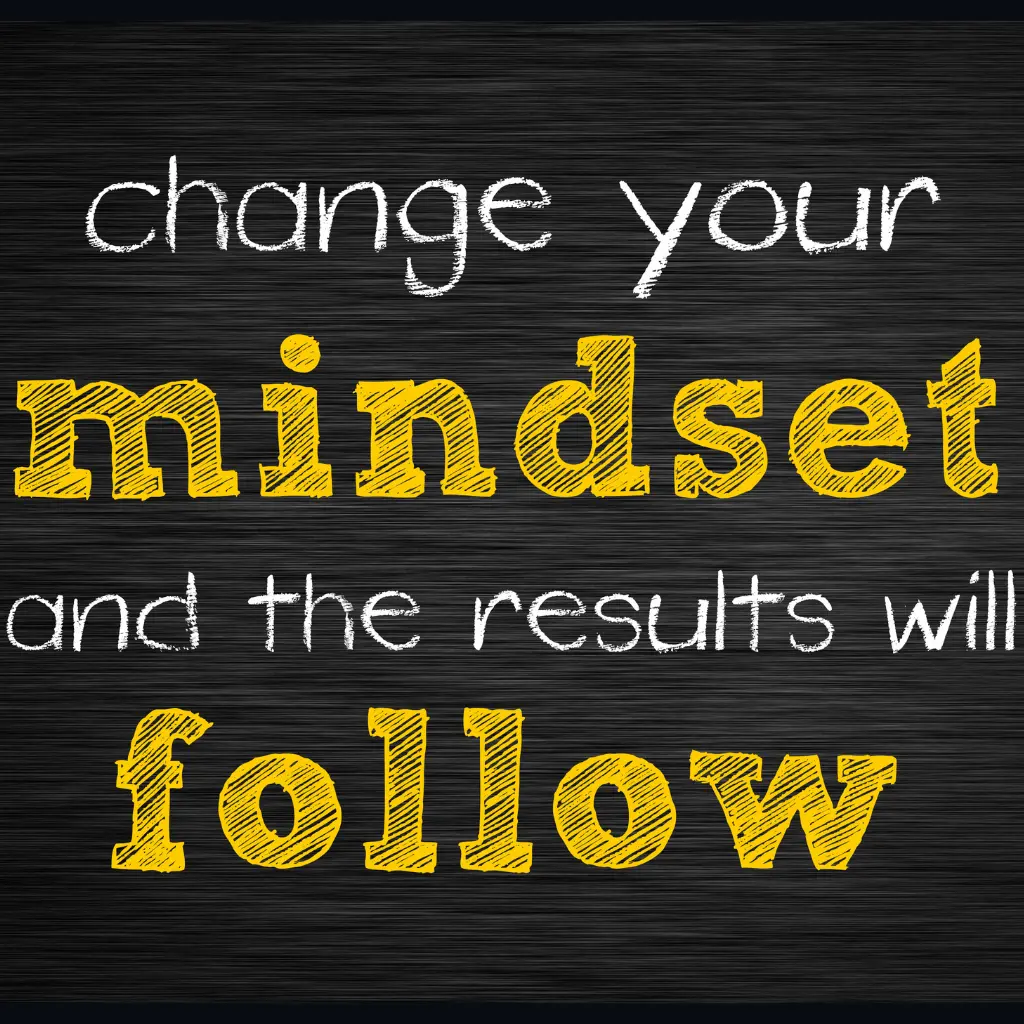
The Importance of Effort in Achieving Mastery
Effort is the Path to Mastery
The journey toward mastery and success is paved not just with innate talent but, more importantly, with effort. Talent might open the door, but it is persistent, focused effort that propels us through it. This realization shifts our focus from what we are born with to what we can achieve through hard work. Consistent effort not only leads to improvement in our skills but also fosters a deep sense of achievement and fulfillment.
Cultivating an Ethic of Effort
Understanding the value of effort is one thing; applying it effectively is another. To truly harness the power of effort, consider the following strategies:
- Deliberate Practice: This is practice that is purposeful and systematic. Rather than mindless repetition, deliberate practice involves setting specific goals, getting immediate feedback, and concentrating on technique or methodological improvements.
- Set Process Goals: Focus on the process, not just the outcome. Set goals related to the effort and the strategies you will employ, rather than just the end result. This approach encourages persistence and keeps motivation high, even in the face of challenges.
- Embrace the Plateaus: Progress is often non-linear. Acknowledge and accept the plateaus in learning as natural phases where your skills consolidate and prepare for the next leap forward.
Learning from Criticism: A Growth Mindset Perspective
Constructive Criticism as a Tool for Growth
In the growth mindset framework, criticism is not a verdict on our value or potential but a beacon guiding our journey of improvement. Constructive criticism offers invaluable insights into our current performance and highlights areas for development, allowing us to refine our skills and strategies more effectively.
Navigating Criticism with a Growth Mindset
To truly benefit from criticism, adopt the following approaches:
- Seek Out Feedback: Don’t wait for feedback to come to you; actively seek it out. Whether from peers, mentors, or supervisors, solicited feedback can provide specific insights and facilitate targeted growth.
- Listen with an Open Mind: Approach criticism with curiosity rather than defensiveness. Listening openly to feedback, even when it’s hard to hear, allows you to extract the valuable lessons embedded within.
- Ask Clarifying Questions: If feedback isn’t clear, ask questions to delve deeper. Understanding the specifics can turn vague criticism into a concrete action plan for improvement.
- Develop a Responsive Plan: Use the feedback to devise a plan of action. Identify the steps needed to address the areas of improvement highlighted by the criticism and commit to implementing them.
Effort and the ability to learn from criticism are cornerstones of the growth mindset, essential for personal development and achieving mastery. By embracing these principles, we can navigate the path of continuous improvement, turning challenges into opportunities and criticism into the catalyst for growth. This proactive approach to learning and development not only propels us toward our goals but also enriches our journey with insights and fulfillment.
Fostering a Supportive Environment
Success is Not a Zero-Sum Game
In the journey of personal and professional development, recognizing the success of others is pivotal. A common misconception is that success is a finite resource, but this couldn’t be further from the truth. Celebrating the achievements of peers, colleagues, and mentors does not diminish our own prospects. Instead, it fosters a supportive environment that benefits everyone involved. Such celebrations can serve as motivation, showing us what’s possible and inspiring us to strive for our own goals.
Building a Community of Growth
The power of a community that values growth and learning cannot be overstated. Engaging in such communities provides a network of support, knowledge, and encouragement that is invaluable on the journey towards achieving mastery.
- Share Experiences: Openly sharing successes and failures enriches the community with diverse perspectives and insights, making the collective journey richer and more informed.
- Offer Resources and Encouragement: Providing resources and support to others not only aids in their growth but also reinforces our own understanding and commitment to a growth mindset.
- Collaborative Growth: Engaging in collaborative projects or challenges harnesses the collective strength and creativity of the community, leading to greater achievements and innovations.
A Lifelong Journey of Growth
The path to adopting a growth mindset is a continuous journey of self-improvement, curiosity, and resilience. It requires us to embrace challenges, persist through setbacks, apply effort effectively, learn from criticism, and celebrate the success of others. This mindset is not a static state but a dynamic process that evolves with every experience and interaction.
- Embrace Change: Life is an endless series of chapters and challenges. Embracing change and seeing it as an opportunity for growth is essential.
- Commit to Learning: Dedicate yourself to lifelong learning. Each new skill learned, and knowledge gained, adds another layer to your growth.
- Be Resilient: Resilience is at the heart of a growth mindset. It’s the strength that enables us to rise after a fall and see failure as a feedback mechanism, not a final judgment.
Join the Growth Mindset Community
The journey is more enriching and enlightening when shared. I invite you to become an active participant in a community of growth-minded individuals. Share your story, your challenges, and how you’ve overcome them. Let’s create a space where we can inspire and uplift each other, where each member’s growth contributes to the collective success of the community.
- Share Your Journey: What obstacles have you faced, and how did you overcome them?
- Offer Advice and Support: How can you help others navigating similar paths?
- Celebrate Together: Let’s recognize and celebrate each step forward, no matter how small, as a victory in our shared journey of growth.
Adopting a growth mindset transforms how we approach life’s challenges and opportunities. It’s about continuous evolution, embracing each experience as a step towards becoming our best selves. Join us in this journey, and let’s grow together.
Related: Habits: The Building Blocks
- All Posts
- Mindset Mastery
- Self-Development

Unearth the parts of yourself you’ve hidden with “What Is Shadow Work?”—a concise guide featuring a 7-day journaling challenge, expert...

Delayed gratification is a powerful skill that can transform your life by prioritizing long-term rewards over immediate desires. Discover its...

Explore practical tips and insights for creating a conducive environment that promotes personal growth and development.

Systematic self-improvement techniques stand out as essential tools for achieving success and fulfillment. These techniques are not just about sporadic...
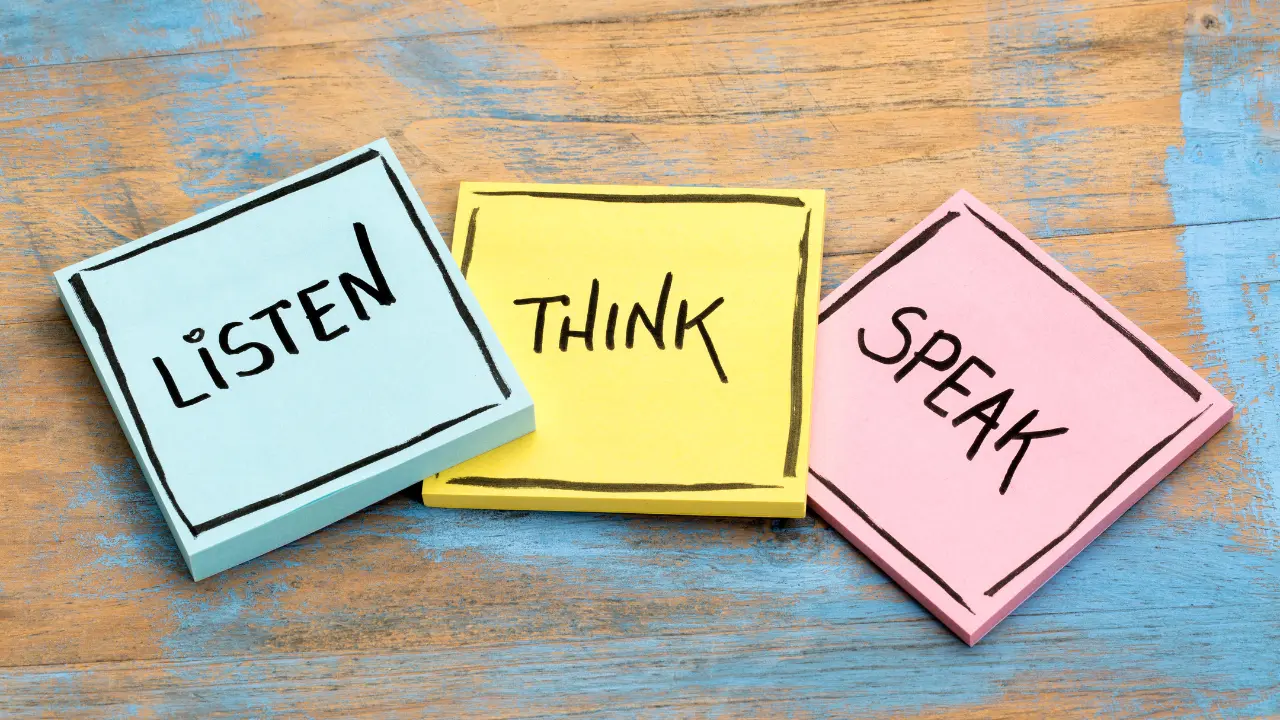
Articulation is not merely about the accuracy of speech; it encompasses the ability to express thoughts in a clear, effective,...

In an age where the written word can be both a sword and a shield, being literate transcends merely being...
Welcome

Hey there! I’m Jose Flores, your guide on this journey of self-discovery and inspired living. As a passionate advocate for personal development, I believe that every small step we take leads to profound transformation. Join me as we navigate the twists and turns of life, uncovering the secrets to self-mastery, mindfulness, and positive growth
